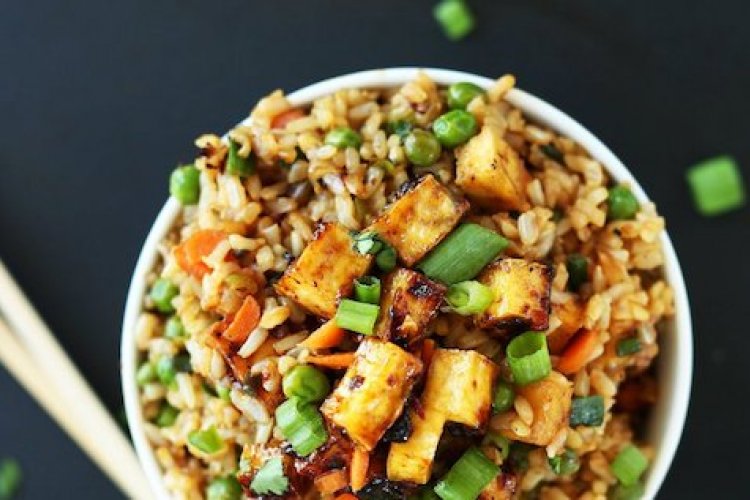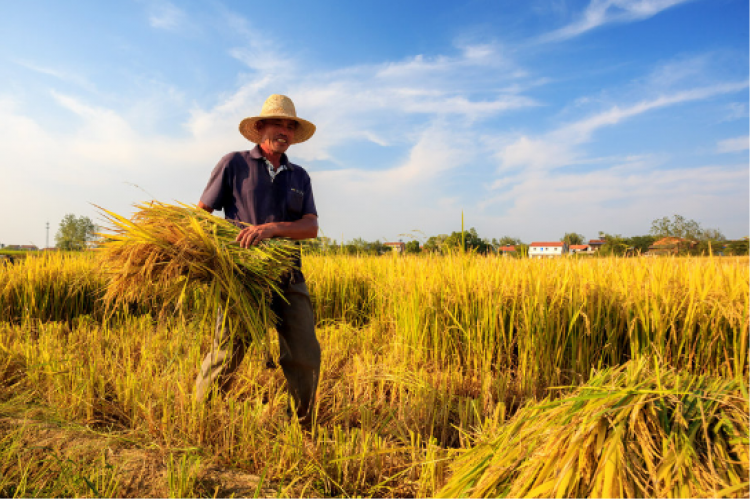Paleo Diets: The Pros and Cons of Eating Like a Caveman
The New, Old Diet
Made popular by celebrities like Miley Cyrus and Matthew McConaughey, the paleo diet encourages us to eat like the ancient hunter-gatherers. Promising everything from weight-loss to decreased risk of many diseases, increased energy, glowing skin etc. Paleo certainly has appeal. However, living in a modern world, here are some of the pros and cons that we must consider before deciding to take the paleo plunge.
Paleo Diet: What to Eat and What to Avoid

The paleo diet a.k.a. “Stone Age” diet is designed to mimic what our hunter-gatherer ancestors ate and includes grass-fed meats, nuts, seeds, eggs, fruits, vegetables, and some oils. Foods to avoid are: all grains, cereals, beans, potatoes, dairy products and most importantly processed foods including salt, sugar, and refined oils.
The Dangers of Our Modern Diet
Paleolithic humans definitely got some things right. Their diet is said to have included more fiber, proteins, vitamins, minerals, Omega-3 fatty acids and much less saturated fat and sodium.
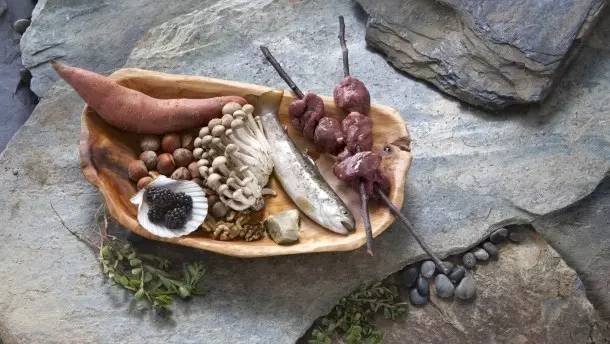
Our diet today consists of more processed, packaged and commercially-produced foods than ever. According to studies, the top six calorie sources in an average American diet are: grain based desserts, breads, chicken based dishes, pizza, sweetened and alcoholic beverages.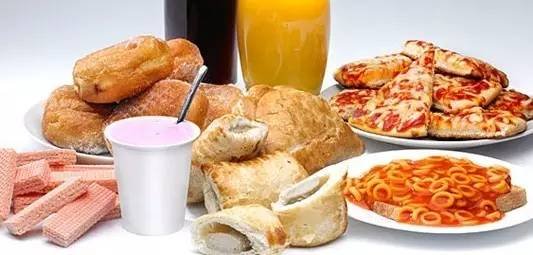
The Paleo trend has shone an important spotlight on the dangerous amounts unhealthy contents such as sugars, food coloring, trans fats etc. in some of our favorite modern day foods. By raising awareness about processed foods, the Paleo trend continues to inspire many people to cook at home with fresh, wholesome ingredients and encourages them to be mindful of what they put in their bodies.
Can We Actually Go Completely 'Paleo'?

Most of the fruits and vegetables have been altered through plant breeding. Modern meat is not even remotely similar to Stone Age meat. There were no domesticated feed animals and there was no wild corned beef or salamis or pastramis in the Stone Age, so supermarket meat is certainly off the Paleo diet menu.
Secondly, paleo diets are tricky – nutritionists warn dieters may see the Paleo diet as an excuse for consuming higher amounts of meat and fats. Paleo diets are also seen as an impractical approach for maintaining weight in the long term.
Research on the Health Benefits of Paleo Diets
Very little research has been conducted to evaluate the true health benefits of paleo. Here are some of the findings:
- There is no evidence that the Paleo diet lowers the risk of heart disease and cancer
- Studies show that there was a 12 percent higher death rate among those eating a low-carb diet that was also high in animal protein

- A survey found that majority of post-menopausal women could not maintain the weight lost as a result of a paleo diet, because they were unable to able to stick with the high protein recommendations
- Given the complete bar on dairy intake, the British Dietetic Association advises against the diet, arguing that it would have a negative impact on bone health
- Paleo proponents suggest legumes contain ‘anti-nutrients’ that reduce their nutritional value to zero, however, research shows that cooking eliminates the effect of these anti-nutrients
- According to paleo proponents, grains can lead to inflammation and related health problems. This may be true, but only for a small group of people with Celiac disease

What we can Learn from the Paleo Trend
Instead of getting caught up in the swell of best selling diet books, chasing diet trends and feeling sad about Oreo-fuelled relapses, here are some of the things we can learn from the ancient lifestyle of our Paleolithic ancestors.

- Adding more fresh fruit and vegetables to our diet
- Replacing some of the processed foods with home cooked meals and snacks
- Getting regular exercise and fresh air
- Going to bed a little earlier to get a good night’s sleep
These small actions – done consistently, can do much more for our health. After all, consistency is the key to evolution.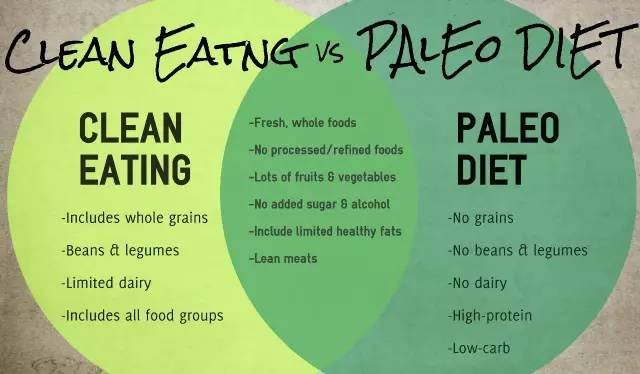
Now that you know more about all things paleo, here's some additional food for thought:
This post is the second in a bimonthly series written and sponsored by Sanfine International Hospital, which offers state-of-the-art care and world-class service in the heart of Sanlitun.


